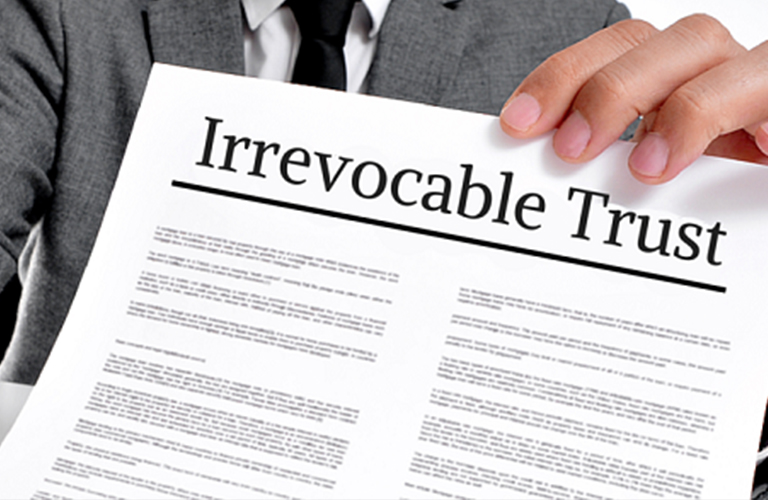
Families fight. That is inevitable. Naturally, when a family-owned business or a family trust is at issue, some level of conflict is to be expected. When these conflict-prone structures combine, the conflicts have the potential to be bigger, riskier, and costlier, and can have multi-generational effects. This article will touch on why the risk of conflict is so high in the family business and family trust context, provide planning tips to reduce the risk of conflict, and outline important considerations for families and their advisors to keep in mind when family friction boils over into conflict and litigation. The F-Word:… Read more










